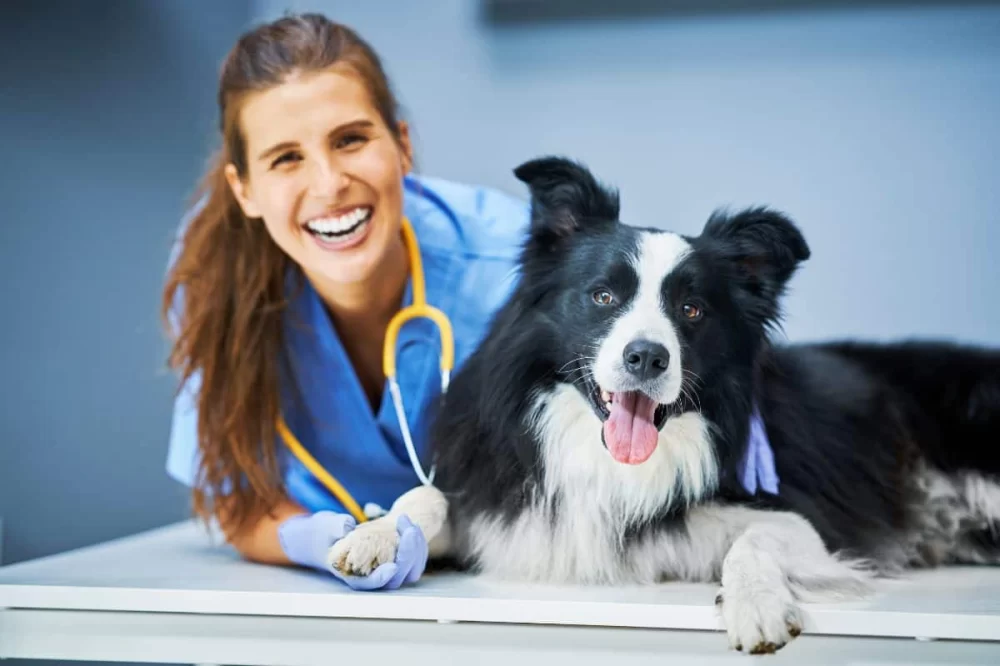How Long Does It Take to Become a Veterinary Surgeon? A Complete Guide to the Path of a Vet
- 1. Understanding the Role of a Veterinary Surgeon
- 2. Educational Path to Become a Veterinary Surgeon
- 3. Key Requirements to Enter Veterinary School
- 4. Veterinary School Duration and Structure
- 5. After Graduation: Veterinary Career Opportunities
- 6. Personal Insights and Experiences
1. Understanding the Role of a Veterinary Surgeon
Becoming a veterinary surgeon is an exciting journey that involves a deep passion for animals and a strong desire to make a difference in their health. A veterinary surgeon diagnoses and treats diseases, injuries, and illnesses in animals, often performing surgeries when necessary. This career path is not only rewarding but also challenging, requiring extensive education and training.
2. Educational Path to Become a Veterinary Surgeon
The journey to becoming a veterinary surgeon is long and requires dedication. To start, one must pursue a university degree in veterinary medicine, which typically involves a combination of theoretical coursework and hands-on clinical experience. In many countries, the path to becoming a vet begins with completing a bachelor's degree in a related field, such as biology or animal science, before applying to veterinary school.
3. Key Requirements to Enter Veterinary School
Getting accepted into veterinary school is highly competitive. To stand a good chance, aspiring veterinary surgeons must have a strong academic record, with excellent grades in science subjects like biology, chemistry, and physics. Many schools also require applicants to have volunteer or work experience in veterinary clinics or animal shelters to demonstrate their passion and commitment to animal care.
4. Veterinary School Duration and Structure
The duration of veterinary school varies by country, but it typically takes 5 to 7 years to complete. Veterinary programs combine classroom learning with practical training in labs and clinics. During the first few years, students focus on general science courses and foundational veterinary medicine subjects. In later years, they gain hands-on experience by treating animals in clinical settings and specializing in areas like surgery, internal medicine, or dermatology.
5. After Graduation: Veterinary Career Opportunities
Upon graduation from veterinary school, veterinary surgeons can choose to work in various fields, including private practice, animal hospitals, research, or even roles in public health. Some vets specialize in specific animal types (e.g., small animals, large animals, exotic animals) or specific procedures (e.g., surgery, dentistry). Continuing education and specialization can further enhance career prospects.
6. Personal Insights and Experiences
As someone who has gone through the challenging journey of becoming a veterinary surgeon, I can share that the process requires perseverance and passion. It took me several years of hard work, but the rewards of helping animals and seeing their owners happy make it all worthwhile. For those considering this path, make sure to explore various veterinary practices and gain as much experience as you can before diving into your studies.










